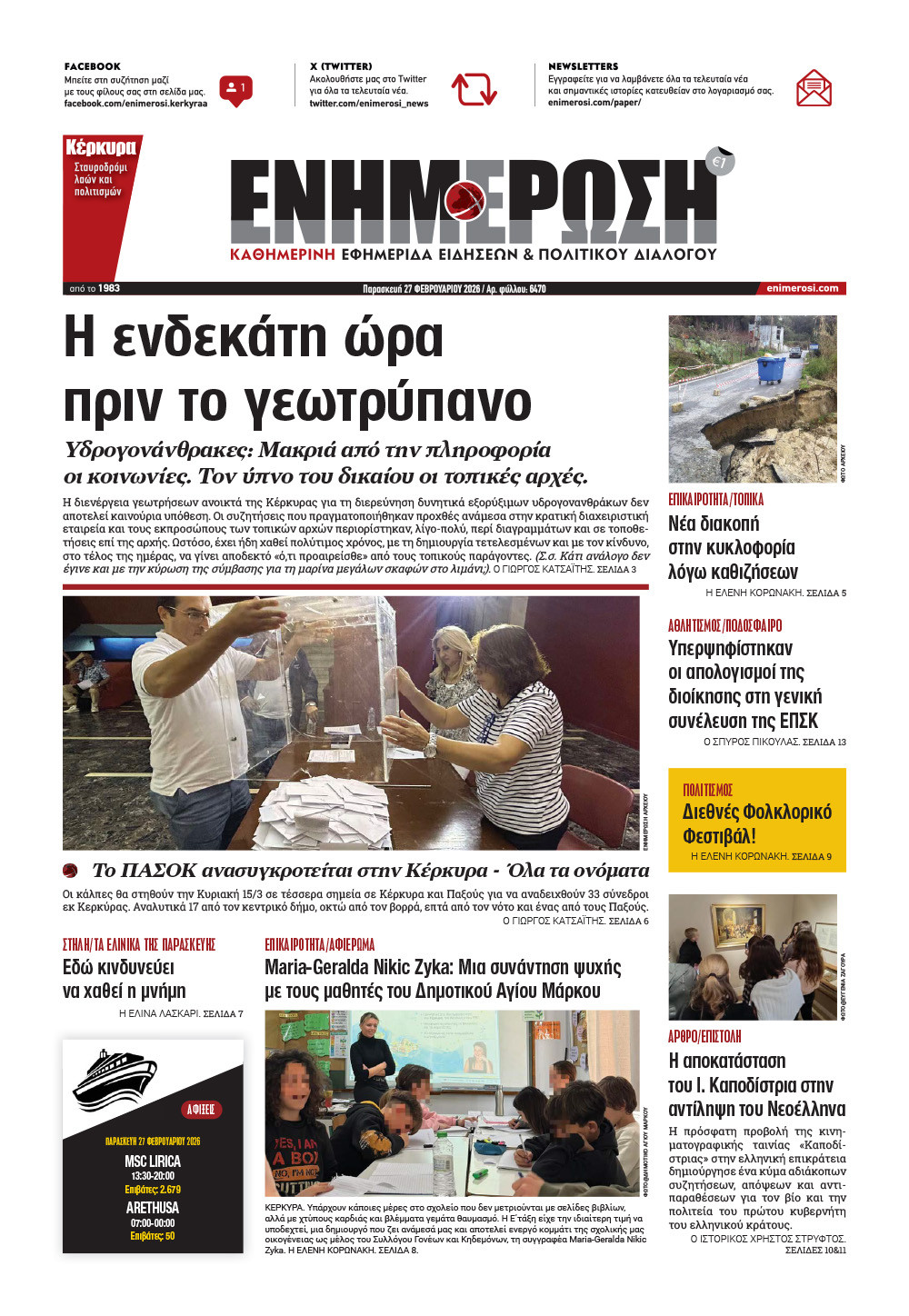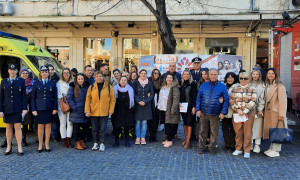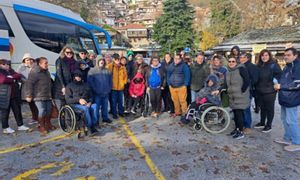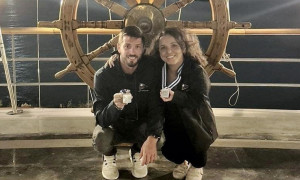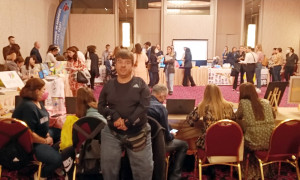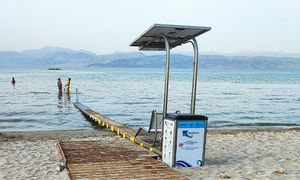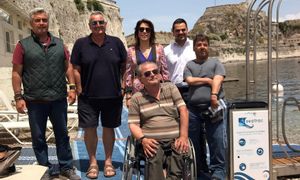Supporting and socially integrating marginalised groups, such as the homeless, individuals with disabilities, abused women, or children, is a new ambitious goal that has been set in the Regions. The main tool for achieving this goal is the Social Inclusion Monitor aimed at identifying local social needs that require addressing.
The Coordination, Monitoring, and Evaluation Mechanism for Social Inclusion and Social Cohesion Policies was established by law in 2016 and integrated into the Regional Authority Organisation in 2017. It was staffed by scientific personnel and began implementing its mission a year and a half ago.
As a pillar of social inclusion at the local government level, the Monitor promotes:
a. Conducting an annual Regional Income and Conditions Survey,
b. Implementing tools, especially in matters related to integration into the labour market and the development of economic activity,
c. Monitoring and recording social phenomena, such as extreme poverty, over-indebted households, and addressing social problems, particularly those of vulnerable population groups,
d. Creating an online portal to record poverty and social exclusion.
Introductory Seminar
The results and the first assessment of its actions were presented at the seminar held yesterday afternoon in the Corfu Port Authority conference hall. Ahead of the keynote speakers who provided detailed presentations on each aspect of the programme, opening remarks were delivered by Deputy Regional Governor of Social Policy, Theodoros Kontzialis, Central Corfu Deputy Mayor of Social Welfare, Christos Skourtis, General Director of Public and Social Welfare, Kyriakoula Pavlopoulou, and Kyriakos Katsoras, Head of the same Directorate.
New ESPA priority axes
The Ministry of Employment and Social Affairs, through the proposed actions under the ESPA 2021/27 programme, aims to:
-
Improve access to employment, with particular emphasis on those under 29 years old.
-
Promote equal access to inclusive and quality education.
-
Address material deprivation.
-
Promote social inclusion and combat child poverty.
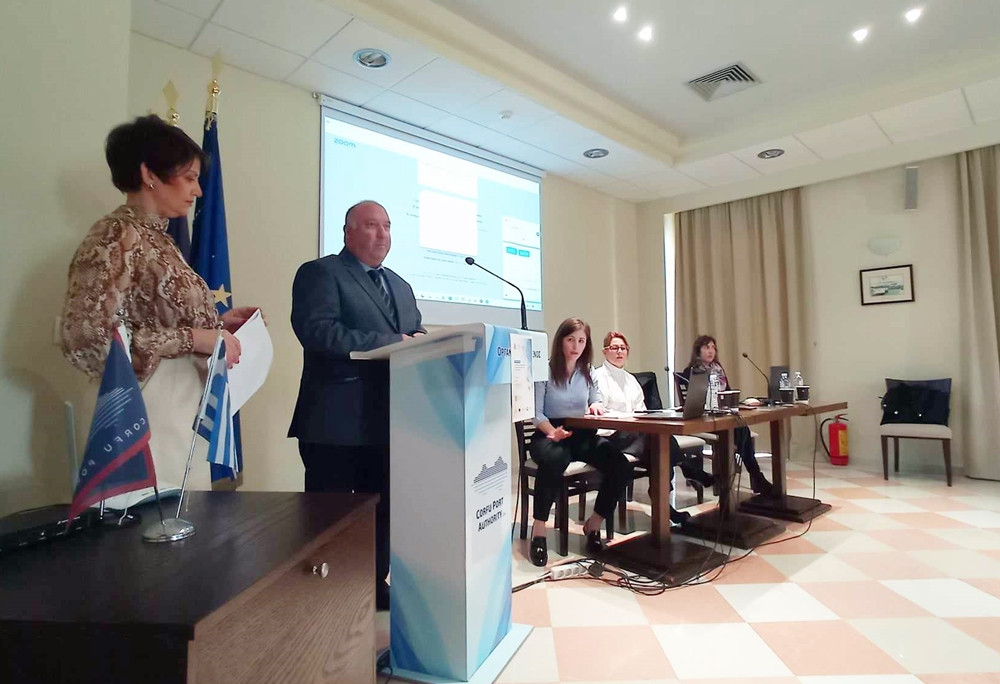
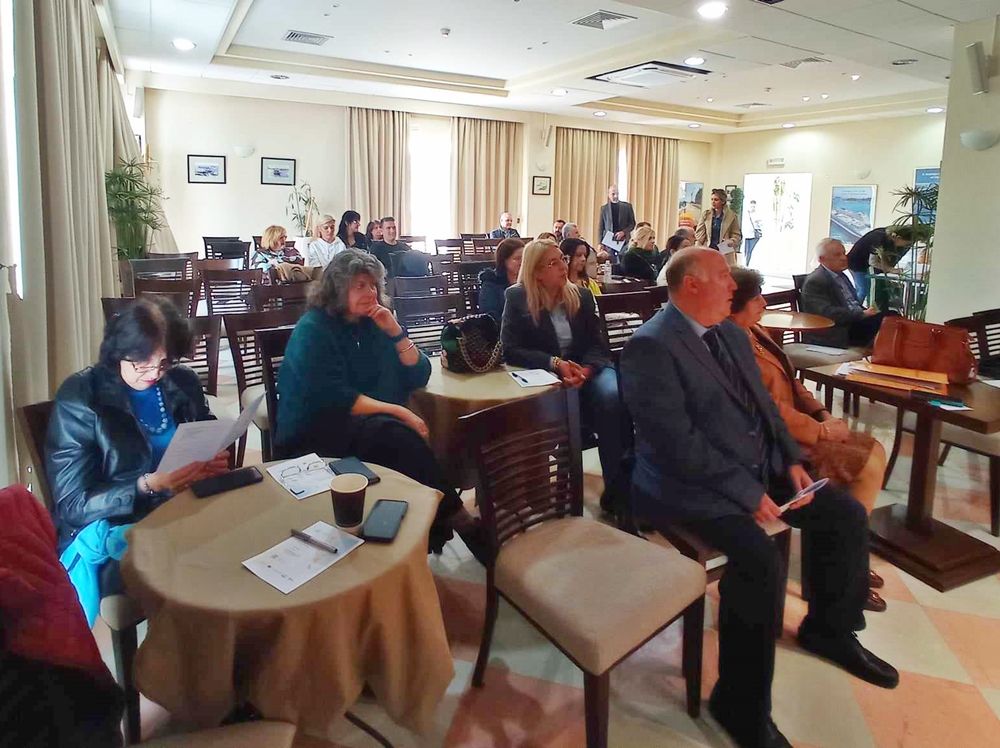
Emphasis on Supporting Persons with Special Needs
As Kostas Aspiotis, Head of Administration of the Ionian Islands Operational Programme, stated, the new ESPA Programme provides resources exceeding one million Euros, which presents both an opportunity and a challenge for its utilisation to strengthen existing social structures or even create new ones.
There are prospects for developing training programmes for vulnerable groups, addressing the digital exclusion of the elderly, supporting abused women, providing care and personal assistants for persons with disabilities, and establishing supported housing.
Kostas Aspiotis noted that in the Ionian Islands, there are identified needs for ensuring social cohesion, primarily attributed to the decade-long economic crisis, the pandemic, and island insularity.
He also highlighted inadequate structures for people with special needs, emphasising the opportunity to enhance education with Special Education support staff. He stressed the need for networking and effectiveness of various social structures already in operation, autonomously rather than supplementarily. Furthermore, with the presence of the President of the Association of Parents of Persons with Special Needs, Spyros Zouboulidis, he clarified that funding opportunities are not only for local governments but also for non-profit organisations.
CHRISTINA GEREKOU
Photos: Enimerosi
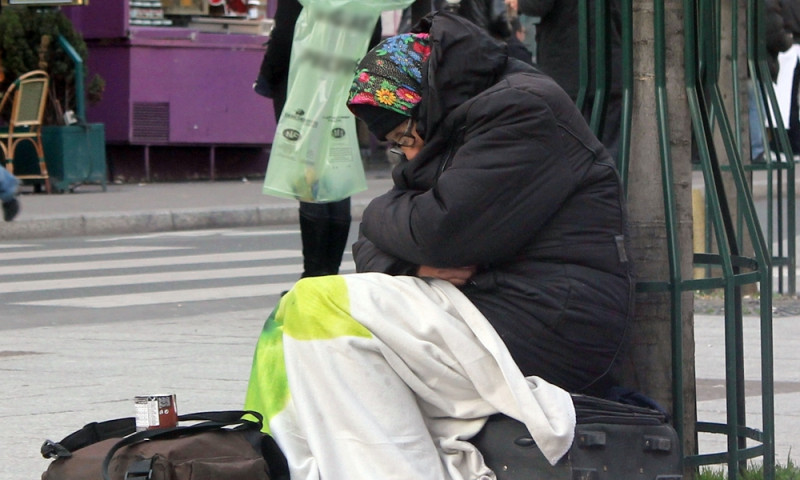 Photo: Enimerosi
Photo: Enimerosi





